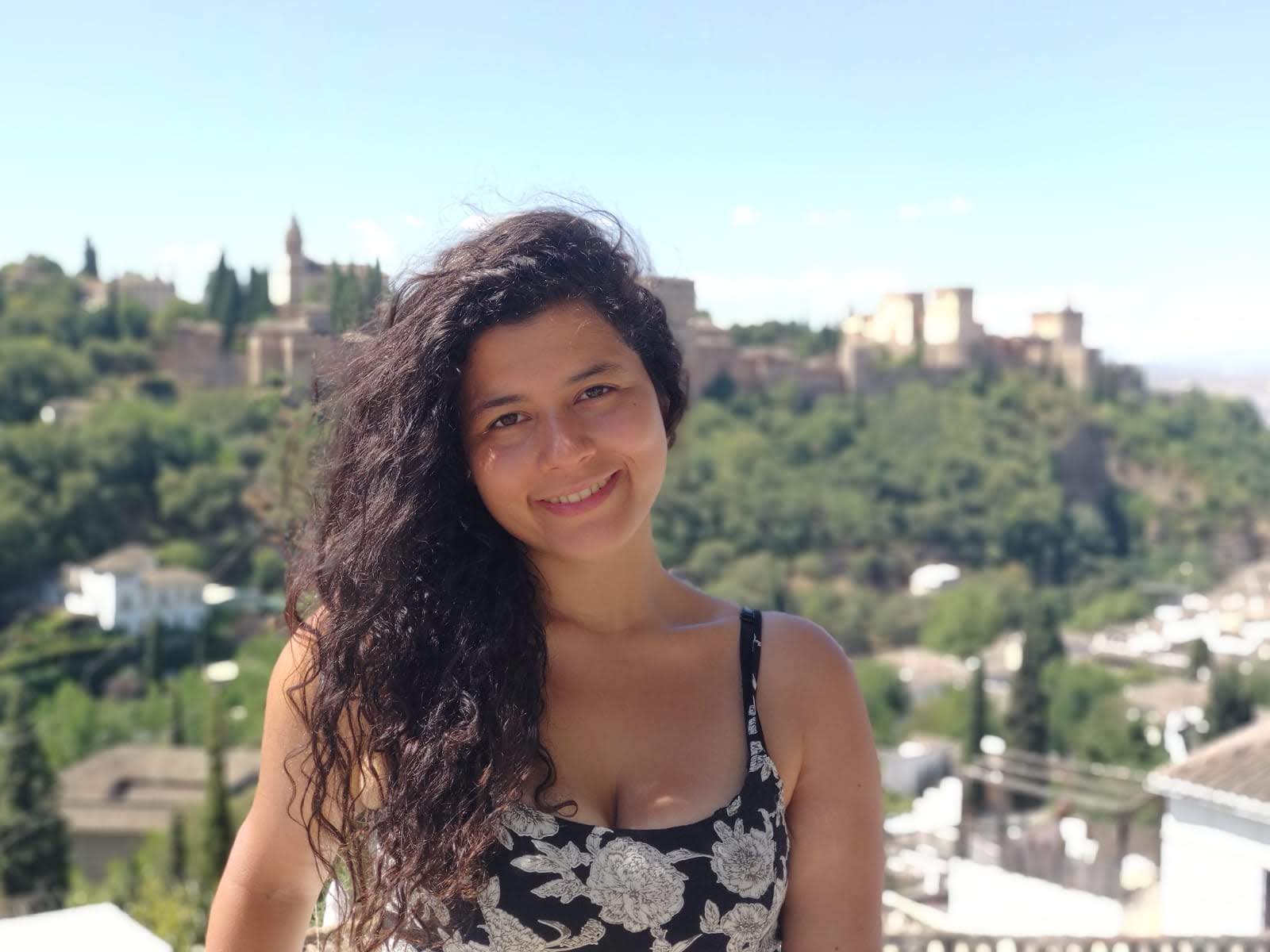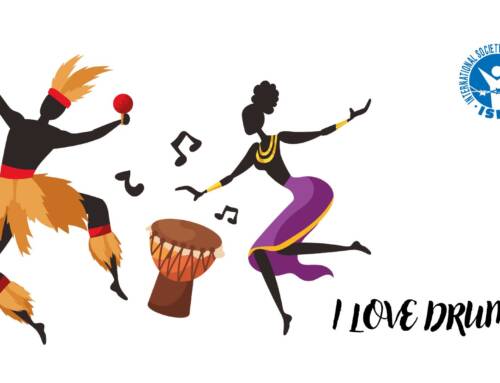
Nationality is not a political coin
The Caribbean Island that is seen as a paradise for foreign tourists, is also a limbo in which government-critics are forced out of their own country, those who refuse to leave suffer permanent harassment, and those who want to leave are called defectors and face the wrath of a totalitarian and abusive government. This apparent contrary attitude of the Cuban state shows a clear pattern of abuse and manipulation of its international human rights obligations against its own people.
Cuba: between forced exile and defectors rejection
As it was recently reported by the International Society for Human Rights (IGFM), Cuban artist Hamlet Lavastida was forced into exile on September 25, 2021 after being unfairly imprisoned for almost three months. Lavastida is accused by the Cuban judiciary of planning a “terrorist” attack, the evidence are some messages exchanged through social media where the artist allegedly proposed to mark Cuban paper money with critical messages towards the regime. Lavastida was escorted to the airport and sent out of the country, forced to board a one-way flight with no return to Poland with his girlfriend in exchange for his release.
Hamlet Lavastida’s case is not uncommon. Back in 2011 the Cuban government offered an extorsive deal to the last two imprisoned prisoners of the Black Spring of 2003, José Daniel Ferrer and Felix Navarro: to leave the island in exile or to be condemned to death penalty and be shot. Both refused to abandon their homeland and accepted their fate. Fortunately, international pressure and cooperation worked on behalf of saving Ferrer and Navarro’s lives and they continued their activism in the country to this day. Sadly, through the years they continued to be harassed and oppressed, visiting prison facilities often and enduring persecution of the political police.
Today in October 2021, they are both imprisoned. Ferrer for protesting the government back in July 2021 and Navarro for trying to investigate about the fate of his mates in a police station. Ferrer remained incommunicado and was declared missing since his arrest until October 8, when he was finally allowed to receive a visit of his son. Navarro started a hunger strike in prison to demand his release and of all of those who are illegally detained since the massive protests of July started but ended it a month after given his delicate health conditions and age.
Defectors are rejected in Cuba
The Cuban regime orders that those selected to join the national sports teams and are sent abroad to represent the island must be highly loyal to the government and ought to be accompanied by a chaperone whose job is to prevent them from defecting.
In an attempt of reaching further soft-power, the Cuban regime has been sending its best athletes to international competitions and when responding questions in interviews, they are often pushed to mention and thank Fidel Castro or the Revolution.
Trough time, many sports professional players have abandoned the island and defected to pursue their goals of playing in major leagues or just improve their life conditions overall, but those who decide to do this ought to face the rage of the totalitarian Cuban government. Dozens of baseball and football players have decided to renounce to their lives in Cuba to go after better personal and professional conditions.
Just recently on September 3, 2021 a group of eleven baseball players defected from the national team to remain in Mexico in what may be one of the biggest group of Cuban defectors in recent times. The Cuban National Institute of Sports, Physical Education and Recreation (INDER) quickly made a statement condemning the missing players for their “weak morals and ethics”. This came in particular bad timing for the Cuban government, which has been brutally repressing the outbreak of mass protests started in July and doing desperate damage control by organizing events with sympathizers where president Díaz-Canel gets to shake hands and take pictures with those who support him.
The Cuban state’s apparent dichotomic behavior shows a pattern of abuses in which the regime uses people’s nationalities and migration rights as means to manipulate and oppress them, either by forcing them to stay in the country to benefit their economic and political interest through sports or by forcing them to leave the island to remove those who are not wanted due to their vocal activism on behalf of human and civil rights.
The international human rights obligations
The Republic of Cuba is part of the United Nations Charter and holds the international obligation of respecting and guaranteeing all human rights subscribed in the Universal Declaration of Human Rights (UDHR) in 1948. It is important to remark that article 13 of the UDHR entails the right of all people of free movement and residence and the right to leave and return to any country, including one’s own.
Although the prohibition of refusing nationals is not expressively contained in any international instrument, it can be said that it constitutes soft-law and it is expected that all countries allow their own nationals into their countries in aims to fight and prevent statelessness all around the globe. Furthermore, the principle of non-discrimination is a jus-cogens one, which means that states are expected to follow it with no exceptions and its breaching leads to human rights violations. It is obvious that the Cuban state authorities employ these repressive tactics of forced exile or defect rejection with a politically biased optic and only those who speak up against the government’s oppression or those who mess with its political or economic interests face these punishments.
Cuba, as an ally of what was then the Union of Soviet Socialist Republics (USSR), was one of the first countries to sign the UDHR that came as an aftermath of the horrors of World War II and therefore, bonded itself to fulfil these duties to all individuals living in its territory, especially its nationals. In despite of this, and after many decades, the world has witnessed how the Cuban governments have exploited its authority in aims of pushing its political agenda against the population that democratically speaks out against it.
It is worth noting that Cuba prides itself in being officially called the Republic of Cuba, notwithstanding that a republic intrinsically requires the existence of a minimally stable democracy where people can peacefully and freely choose, speak out and assemble peacefully as they please, characteristics that have been taken away by the authorities of the island to their citizens for over sixty years without any real repercussions against its leaders. Other countries, more noticeably the United States of America, have attempted to impose penalties on Cuba in the aims of attacking its government with no success. USA has been setting embargos on Cuba since 1958, blocking the island from economic advances with the biggest and most influential potency in the region. Nevertheless, almost a century length of history shows that these injunctions only harm the Cuban population while the regime leaders remain in power and prospering at the expense of its people.
It is my opinion that the embargo is one of the most bitter leftovers of the XX century, a useless remain of the Cold War and the USA fight against Communism. Joining the yearly resolution that the United Nations General Assembly does in favor of ending the embargo set on Cuba, I stand by this. Nevertheless, it is worth noting that the discussion about the North American embargo on the island brings with it a series of political discussions with different edges that escapes the main theme that I want to address here.
In conclusion, Cuban people seem to be trapped in a mesh of national and international political interests, whilst the oppressive misery that the Cuban Communist Party set in place holds them helpless. It is necessary for the international community, particularly the European Parliament and the United Nations General Assembly to agree on urgent and effective solutions with a view to ending the Cuban dictatorship, strengthening democracy and civil society on the island and the region, and the protection of the Cuban community inside and outside the country, so that the nationality of Cubans is no longer used as a political exchange currency by their leaders. With this, I hope that soon, the removal of the economic blockade and the tyrannic dictatorship allow the Cuban people to prosper and live in a dignified and free Cuba.
About the author

Laura A. Barreto-Navarro
Lawyer specialized in Constitutional Law, Universidad del Rosario (Bogota, Colombia)
M.A. Human Rights, Friedrich-Alexander-Universität Erlangen-Nürnberg (Erlangen, Germany)





